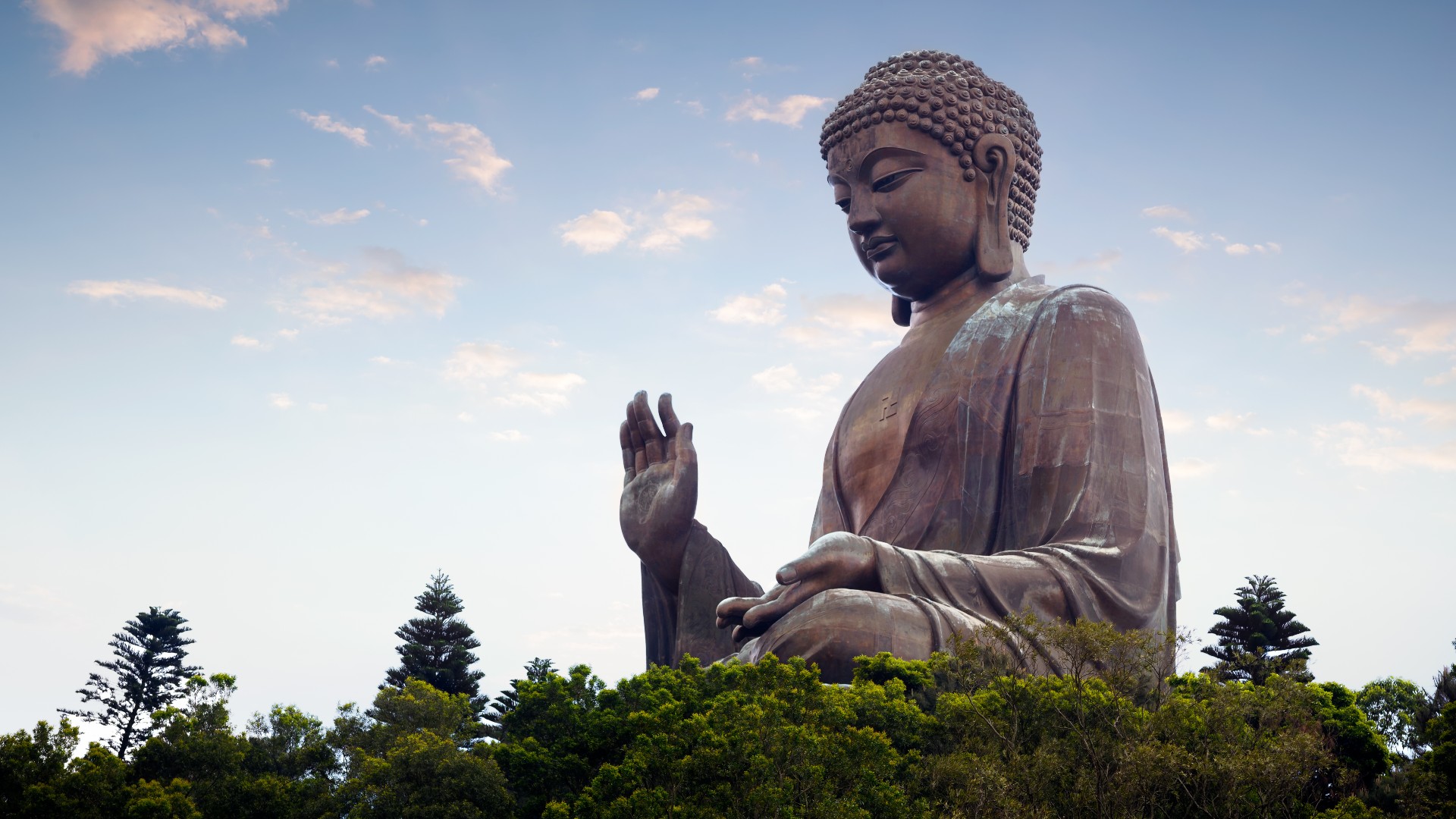THE GRACE OF GAUTAMA BUDDHA

About Gautama Buddha
Buddha, also known as Siddhartha Gautama, was the founder of Buddhism. He lived in ancient India and is considered the Supreme Buddha by Buddhists. He attained enlightenment, or Nirvana, under the Bodhi tree and spent the rest of his life teaching others how to attain it as well. His teachings, known as the Dharma, are preserved in the Buddhist scriptures, the Tripitaka. Buddhism spread throughout Asia and now has millions of followers all over the world.

Who is Buddha?
Buddha, also known as Siddhartha Gautama, is the founder of Buddhism. He is considered the Supreme Buddha by Buddhists and is believed to have lived in ancient India around the 5th century BCE. According to tradition, Siddhartha Gautama was born into a royal family and lived a life of luxury, but was disturbed by the suffering he saw in the world. He left his palace to become a wandering ascetic and eventually attained enlightenment, or Nirvana, under the Bodhi tree. After this, he spent the rest of his life teaching others how to reach enlightenment as well. His teachings, known as the Dharma, form the foundation of Buddhism and are preserved in the Buddhist scriptures, the Tripitaka. Buddha is considered a spiritual guide and teacher by millions of Buddhists worldwide.
Do you know why Buddha is special?
Buddhists regard Buddha as special because he is thought to have attained enlightenment, which is a state of complete understanding of the nature of reality and the abolition of all forms of suffering. This attainment is considered difficult to achieve and requires a great deal of spiritual practice and discipline. Through his teachings, Buddha provided a path for others to reach enlightenment as well. He is also considered special because he taught "the Middle Way," a path of moderation between the extremes of self-indulgence and self-mortification. Additionally, the emphasis on compassion and non-violence in his teachings is considered a unique and valuable aspect of Buddhism.
When did Buddhism begin?
Buddhism is believed to have been founded by Siddhartha Gautama, also known as the Buddha, in the 5th century BCE. According to tradition, the Buddha attained enlightenment, or Nirvana, under the Bodhi tree and then spent the rest of his life teaching others how to reach this state as well. His teachings were passed down orally for several centuries before being written down in the Pali Canon, also known as the Tripitaka.
After the Buddha's death, his followers continued to spread his teachings, and Buddhism eventually spread throughout the Indian subcontinent and beyond, to Central and Southeast Asia, China, Korea, and Japan. It continued to evolve and diversify over time, giving rise to various schools and traditions such as Theravada, Mahayana, and Vajrayana.
By the time of the Buddha's death, Buddhism was already an established religion in India. The Buddha's teachings were being spread by his disciples and the sangha, the community of monks and laypeople that the Buddha had established.

important roles in Buddhism
1. Spiritual Teacher: Buddha is considered the founder of Buddhism and the one who discovered the path to enlightenment. His teachings, known as the Dharma, provide a guide for individuals to reach Nirvana and end their cycle of suffering.
2. Role Model: The Buddha is seen as an example of how to live a virtuous and enlightened life. His teachings emphasize the importance of compassion, wisdom, and the cultivation of virtues such as generosity and morality.
3. Guardian of the Sangha: The Sangha is a community of Buddhist monks and laypeople. The Buddha is considered to have established this community and provided guidance for its members.
4. Protector of the Dharma: He is also considered the protector of the teachings of Buddhism, ensuring that the teachings are not distorted and are passed on in their original form to future generations.
5. Awakened One: The term "Buddha" means "awakened one" or "enlightened one," and Buddha is considered to have reached the ultimate spiritual state of enlightenment. By attaining this state, he is believed to have achieved a deep understanding of the nature of reality and the elimination of all forms of suffering.


